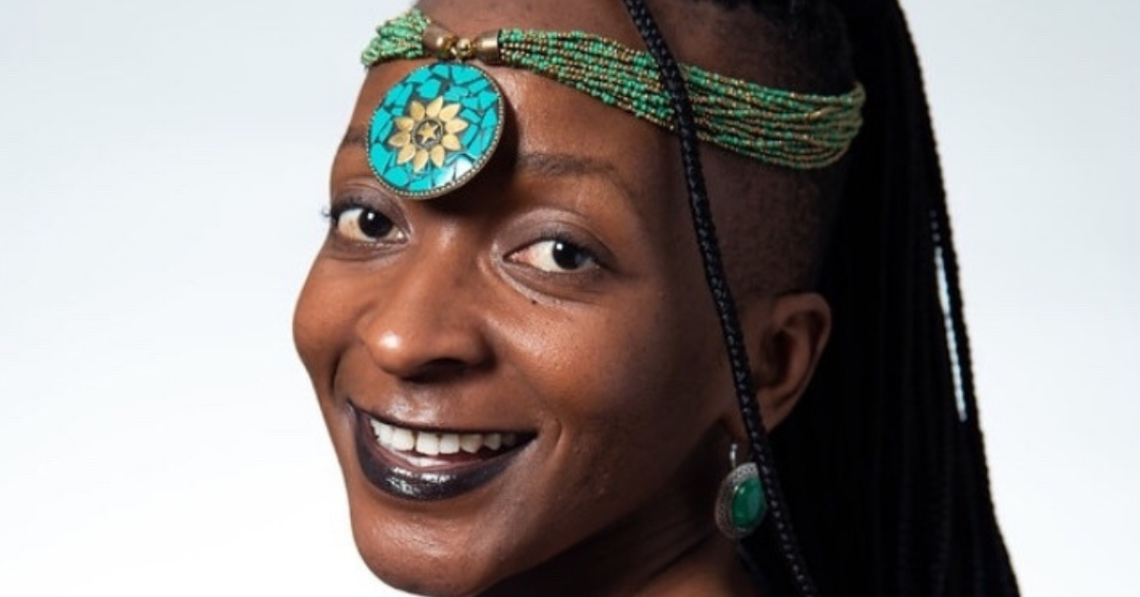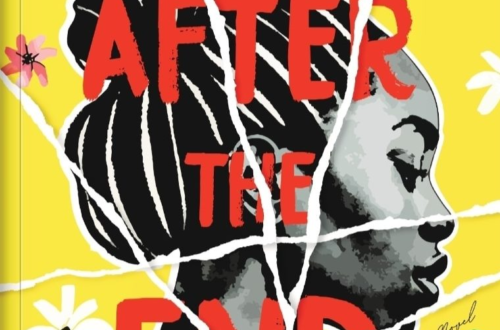Zambian author Mubanga Kalimamukwento has been named the winner of the 2024 Dzanc Books Prize for Fiction for her gripping manuscript Shipikisha. This marks a defining moment in her career, placing her in the ranks of exceptional writers whose works transcend the ordinary and delve deep into the human condition. Chosen from a highly competitive pool of manuscripts, Kalimamukwento’s triumph is a testament to her remarkable literary craft and insight into the complexities of contemporary African life.
The Dzanc Books Prize, known for its discerning eye and celebration of narrative innovation, has long been a beacon for discovering bold voices. This year’s selection panel, composed of renowned authors Farah Ali (The River, The Town), Chika Unigwe (The Middle Daughter), and Sarah Yahm (Unfinished Acts of Wild Creation), was drawn to the raw power of Shipikisha—a novel that pulses with emotional intensity and explores profound themes of gender, violence, and the intricacies of familial bonds.
Kalimamukwento, a multifaceted writer, attorney, and editor, is no stranger to literary acclaim. Her accolades include the 2024 Drue Heinz Literature Prize, the 2022 Tusculum Review Poetry Chapbook Contest, and the 2019 Dinaane Debut Fiction Award. Her work has appeared in prestigious publications such as Adda, Aster(ix), and Overland, among others. As the founding editor of Ubwali Literary Magazine, Kalimamukwento has cultivated a space for fresh literary voices, contributing significantly to the literary landscape of Zambia and beyond.
Shipikisha is set in Zambia and intricately weaves the story of Sali, a mother of three, who finds herself on trial for the alleged murder of her husband, Kasunga. The narrative unfolds in a delicate braid of past and present, where the tension of a bitter marriage and the isolation of postnatal depression reveal the struggles of a woman caught in a society governed by silence, secrets, and patriarchal control. Kalimamukwento deftly navigates the complexities of infidelity, mental health, and societal expectations, crafting a narrative that is as intimate as it is expansive.
Farah Ali, one of the judges, expressed admiration for the manuscript, saying, “Shipikisha is electric. From the very first page, I was pulled into the worlds of Ntashé and her mother, Sali. This is a book where the passages, full of beautifully spare, sharp words, serve the story of relationships put to severe tests.” The narrative’s quiet intensity and stark emotional depth leave an indelible impression, drawing readers into a world that is simultaneously intimate and universal.

Sarah Yahm, another member of the judging panel, praised Kalimamukwento for her unflinching portrayal of intimate violence within a patriarchal framework. “She rejects moral certitude,” Yahm wrote, “instead pulling us into the minds of messy, complex women attempting to survive and connect in an unjust world.” The novel eschews easy answers, offering instead a meditation on the painful realities of survival and the emotional resilience required to navigate an unjust world.
Shipikisha will be published by Dzanc Books in March 2026, marking it as one of the most highly anticipated literary releases in the coming years. With her unmistakable voice, Kalimamukwento has crafted a novel that will resonate deeply with readers, challenging them to reflect on the complexities of relationships, the weight of societal expectations, and the enduring power of human connection.





